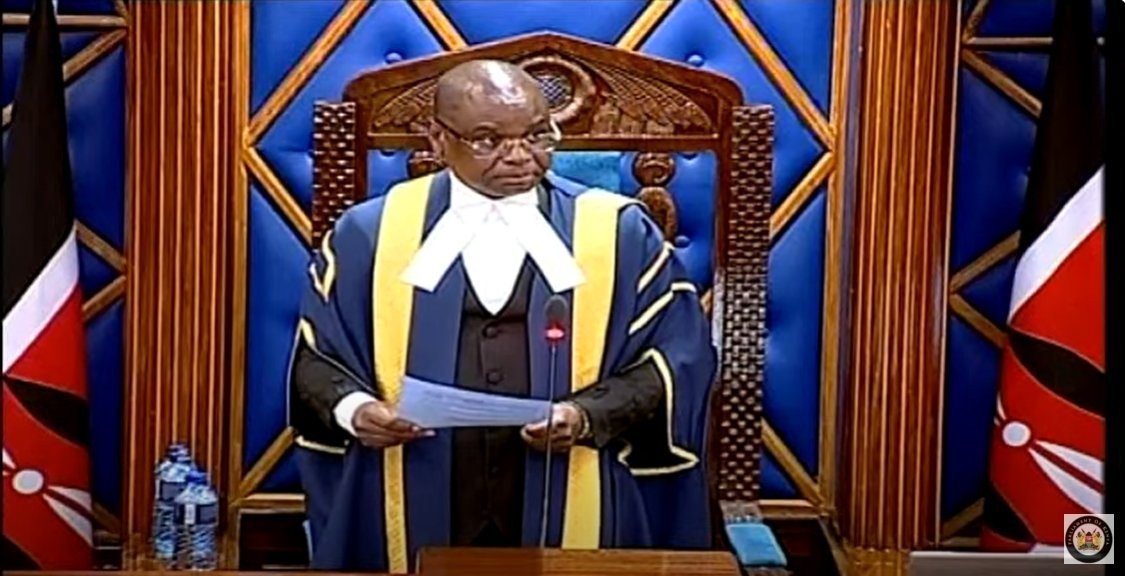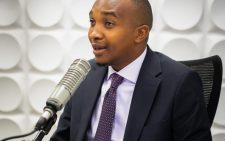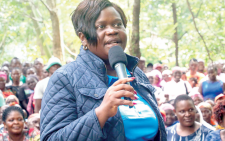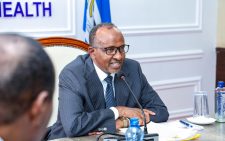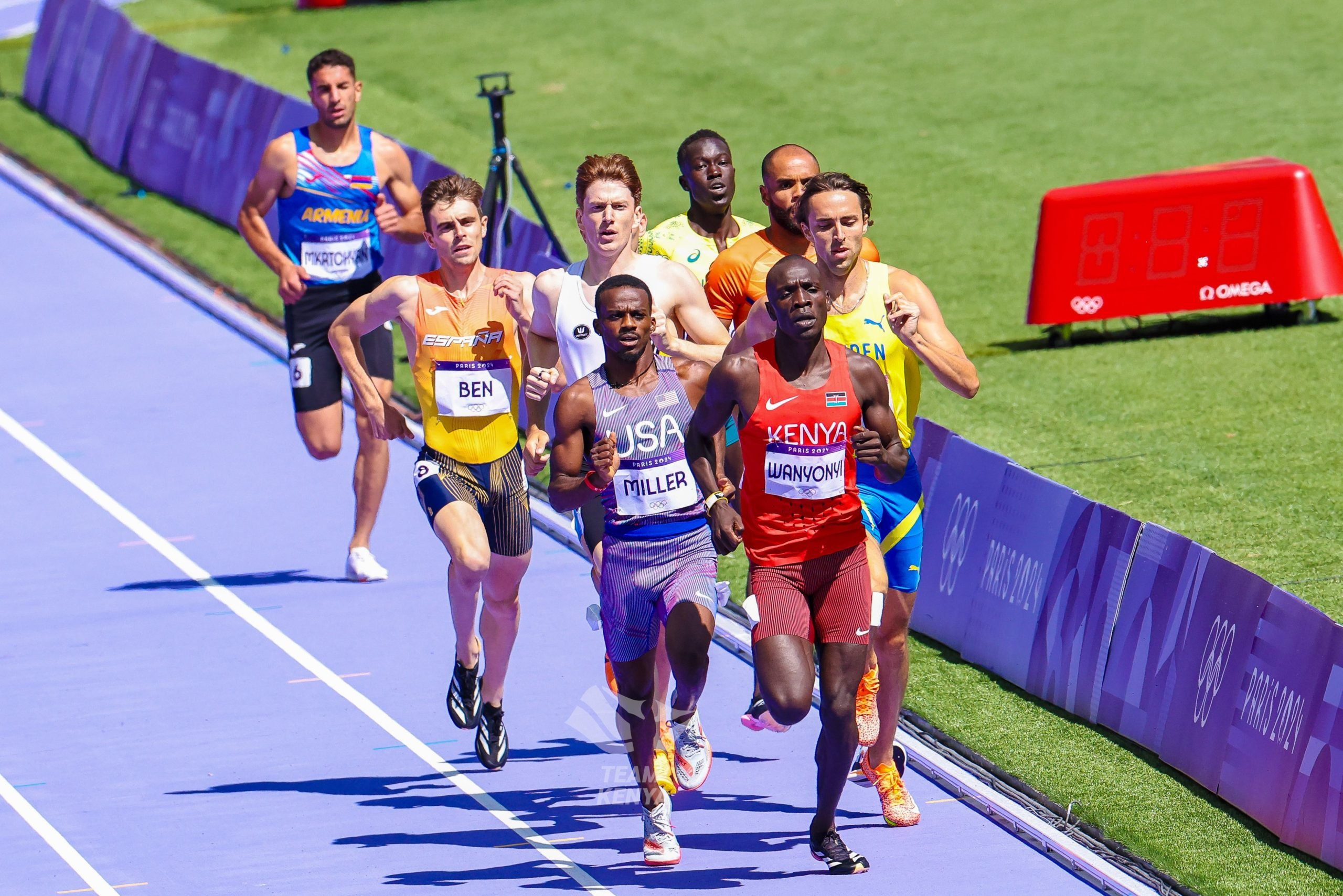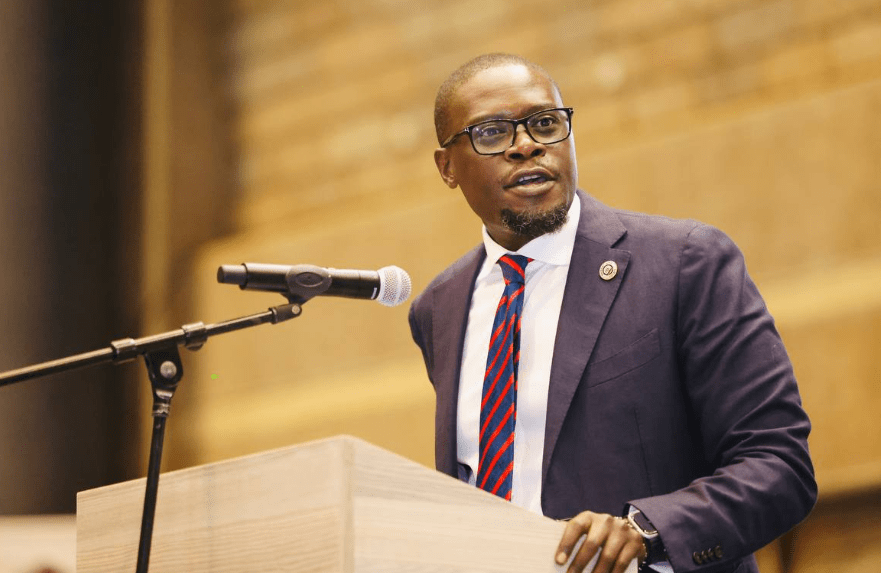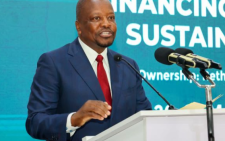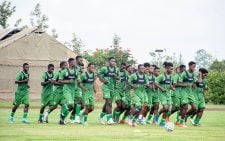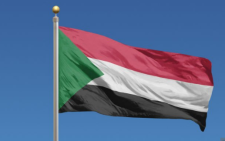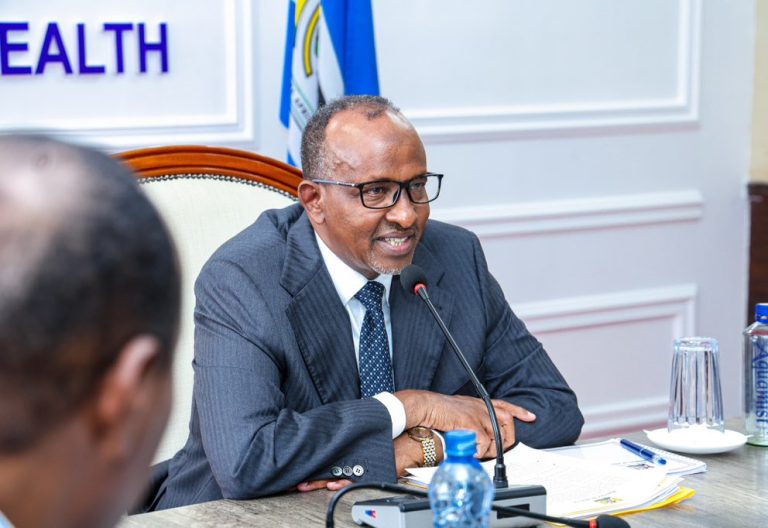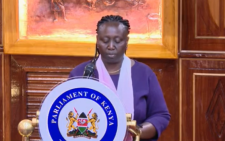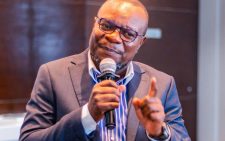One remedy for lengthy surgery waits in Nyanza
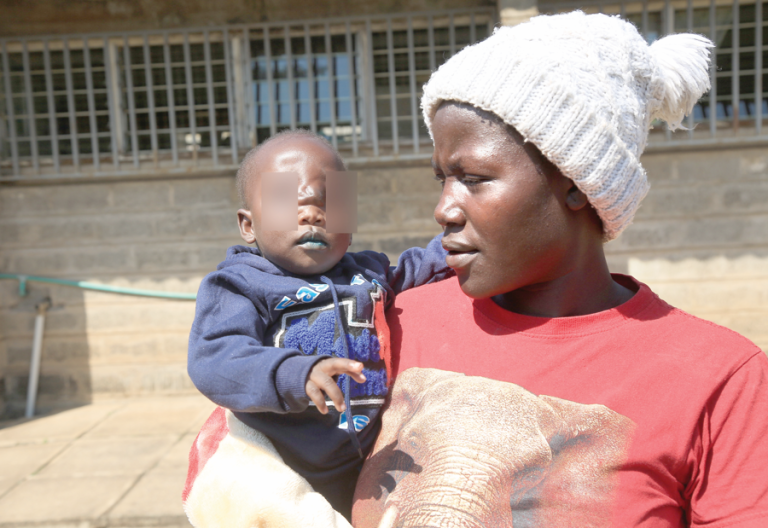
William Onyango sat with tears streaming down his face, his voice trembling with emotion, as he recounted his 10-month ordeal waiting for essential brain surgery in Kisumu.
Onyango, 72, was referred to Jaramogi Oginga Odinga Teaching and Referral Hospital (JOOTRH) for a specialised surgical procedure.
Every time he arrived at JOOTRH for his scheduled treatment, he was confronted with the same frustrating reality.
No neurosurgeon was available to attend to him. “I had to go back home writhing in pain and surviving on painkillers,’’ he said.
Despite the severity of his condition, which causes relentless pain, he was repeatedly sent back home to continue enduring his suffering.
“I hardly sleep at night,” Onyango lamented, his voice breaking. “I cry the whole night.”
Feeling trapped
His condition has taken a toll on him not only physically but also emotionally and psychologically.
During his long wait, he underwent three CT scans and four sessions of magnetic resonance imaging (MRI).
Each time, he hoped that these special procedures would bring him closer to the treatment he desperately needed.
MRI is a noninvasive medical imaging test that produces detailed images of almost every internal structure in the human body, including organs, bones, muscles, and blood vessels.
MRI scanners create images of the body using a large magnet and radio waves. No ionizing radiation is produced during an MRI exam, unlike with X-rays.
These images give physicians important information in diagnosing your medical condition and planning a course of treatment.
But now Onyango has been told he will not get any more scans or MRIs, leaving him feeling trapped in his suffering, with no clear path to recovery as he awaits this crucial surgery.
Systemic issues
Onyango’s plight is not just a personal tragedy. It reflects a broader issue in the healthcare system, where access to timely and necessary medical care is still a significant challenge for many in the Nyanza region, especially the most vulnerable.
Traditionally, such special surgeries would cost between Sh300,000 and Sh500,000, said JOOTRH head of surgeries at Dr Edwin Oduor.
As a peasant farmer, Onyango could not come up with that kind of money for his treatment. Then again there was a shortage of neurosurgeons in the Nyanza region.
Faced with this financial barrier, he turned to JOOTRH hoping to be treated under the new government health insurance programme, believing that this would be a viable alternative.
However, his hopes quickly turned to despair. But yesterday, there was a glimmer of hope when JOOTRH surgeons booked him for another special treatment next week as part of the upcoming fifth annual Kisumu Neurosurgery Camp and Symposium, supported by Ohio Health experts in Kenya.
The camp is scheduled for January 27-February 5. Onyango is one of the over 40 patients booked for next week.
“I hope this time, a solution will come,’’ he told reporters at JOOTRH yesterday.
But Onyango is not alone. Caren Odhiambo, 33, also decried the long wait for surgery for her infant.
The girl was born with a congenital anomaly that required urgent surgery after a CT scan and MRI in Siaya revealed a gap in the brain.
She was referred to JOOTRH in July last year but is still waiting for the surgery.
“I have walked in this hospital almost every week seeking a solution because the child cries a lot when in pain at night,’’ Odhiambo said.
The condition has affected the one-year-old girl’s sight. She still depends only on her mother’s breast milk.
Yesterday, when she turned up at JOOTRH, she was among the first patients to be booked for an operation at the upcoming neuro-camp.
“I’m eagerly waiting to see God perform a miracle on my child,’’ Odhiambo said amid sobs as she cuddled the baby in her lap.
Many patients in Nyanza in dire need of surgery face a similar predicament, which underscores the urgent need for specialised medical care.
Currently, neurosurgical cases are among the most complex and costly medical procedures, making access to care a challenge for many patients.
Most individuals suffering from conditions such as brain tumors, spinal injuries, and other neurological disorders often remain at home with no medical assistance.
This is because of high costs associated with these surgeries and the shortage of specialists in the region.
One neurosurgeon
People Daily has learned that the entire Nyanza region is served by one consultant neurosurgeon, Dr Lee Ogutha.
He attends to patients at both public and private hospitals while also lecturing at Maseno University’s School of Medicine.
As a resolution to this critical issue, JOOTRH, in partnership with the Kisumu Neuroscience Initiative, is making neurosurgery a routine procedure.
The initiative conducts a quarterly neurosurgery camp that not only provides life-saving surgical interventions. It also fosters learning and capacity building among local healthcare professionals so that patients can access such treatment at any time.
The team comprises specialists from across the globe who join hands to deliver advanced care to patients in dire need and who might have lost hope for recovery.
